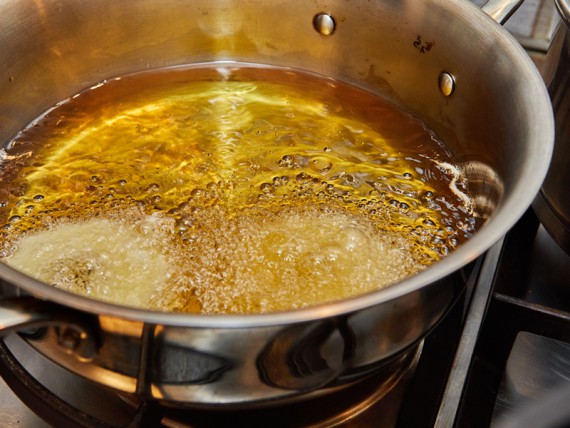
Environmental Effect Of Waste Oils
Waste oils are a byproduct of many food and industrial products commonly used by humans. Improper disposal of these oils poses a serious threat to the environment. To understand the impact of waste oil on the environment, it is important to know why waste oil is hazardous, how it is produced, and how it is disposed of.
Waste oils are a byproduct of many food and industrial products commonly used by humans. Improper disposal of these oils poses a serious threat to the environment. To understand the impact of waste oil on the environment, it is important to know why waste oil is hazardous, how it is produced, and how it is disposed of.
Used oils are a byproduct of many food and industrial products that are commonly used by people. Improper disposal of these oils poses a serious threat to the environment. To understand the impact of waste oil on the environment, it is important to know why waste oil is hazardous, how it is produced, and how it is disposed of.
Why are Waste Oils Hazardous?
Improperly disposed of waste oils can lead to water, soil and air pollution, posing a serious threat to the health and natural habitats of living things. Waste oils can also cause clogs in landfills and sewer systems.
Formation of Waste Oils
Waste oils are generated during frying, cooking, and other food processing methods. Industrial production processes can also generate waste oils. Waste oils are generated by the collection of oils from the preparation of greasy foods or the cleaning of equipment.
Correct Disposal of Used Oils
Proper disposal of used oils helps minimize the risk of environmental pollution. Used oils should be collected in specially designed used oil containers or other sealed containers to ensure that they are transported without leakage.
Recycling Used Oils
Recycling used oil is just as important as proper disposal. Recycled waste oils can be used to make biodiesel, lubricants or other products, minimizing the environmental impact of waste oils.
Proper disposal and recycling of waste oil can therefore help protect the environment. The impact of waste oil is not limited to water, soil and air pollution. Proper disposal of waste oil can also prevent the disposal of other hazardous substances that pose a serious threat to human health and natural habitats.
